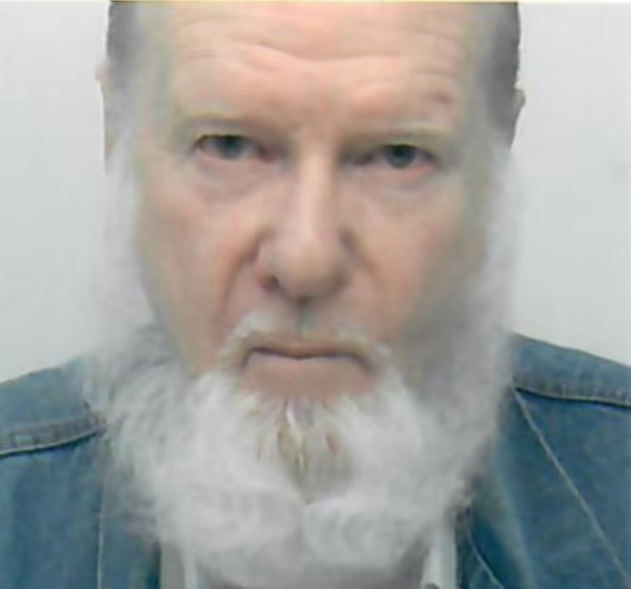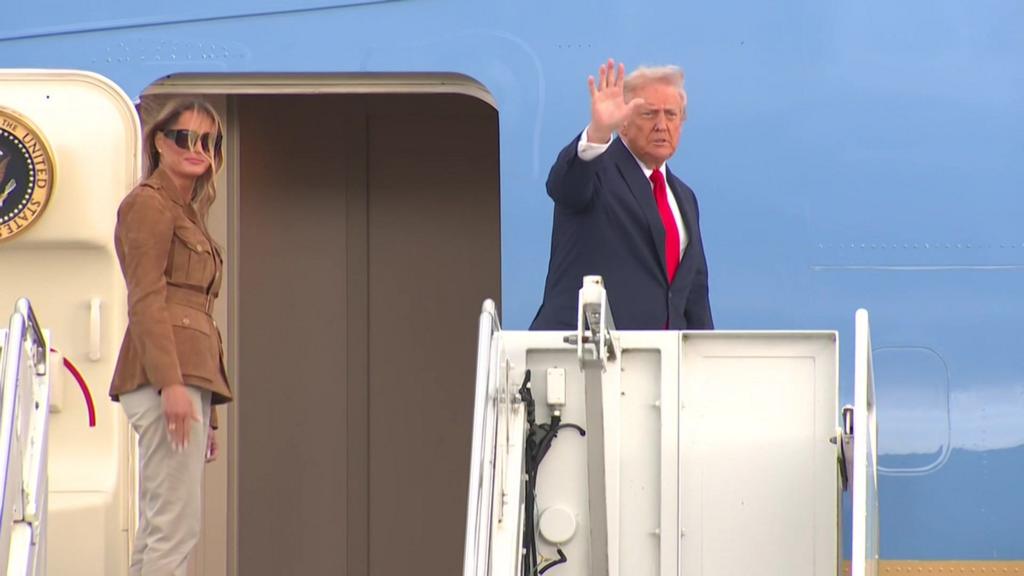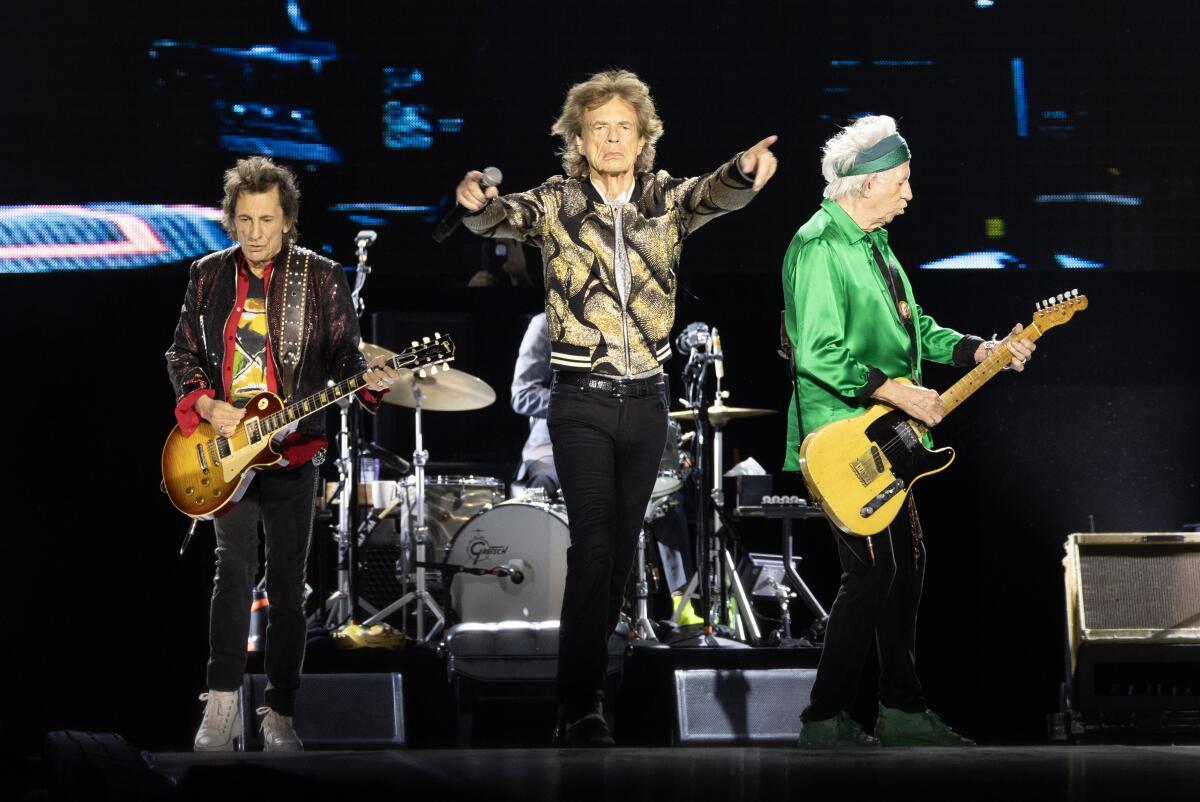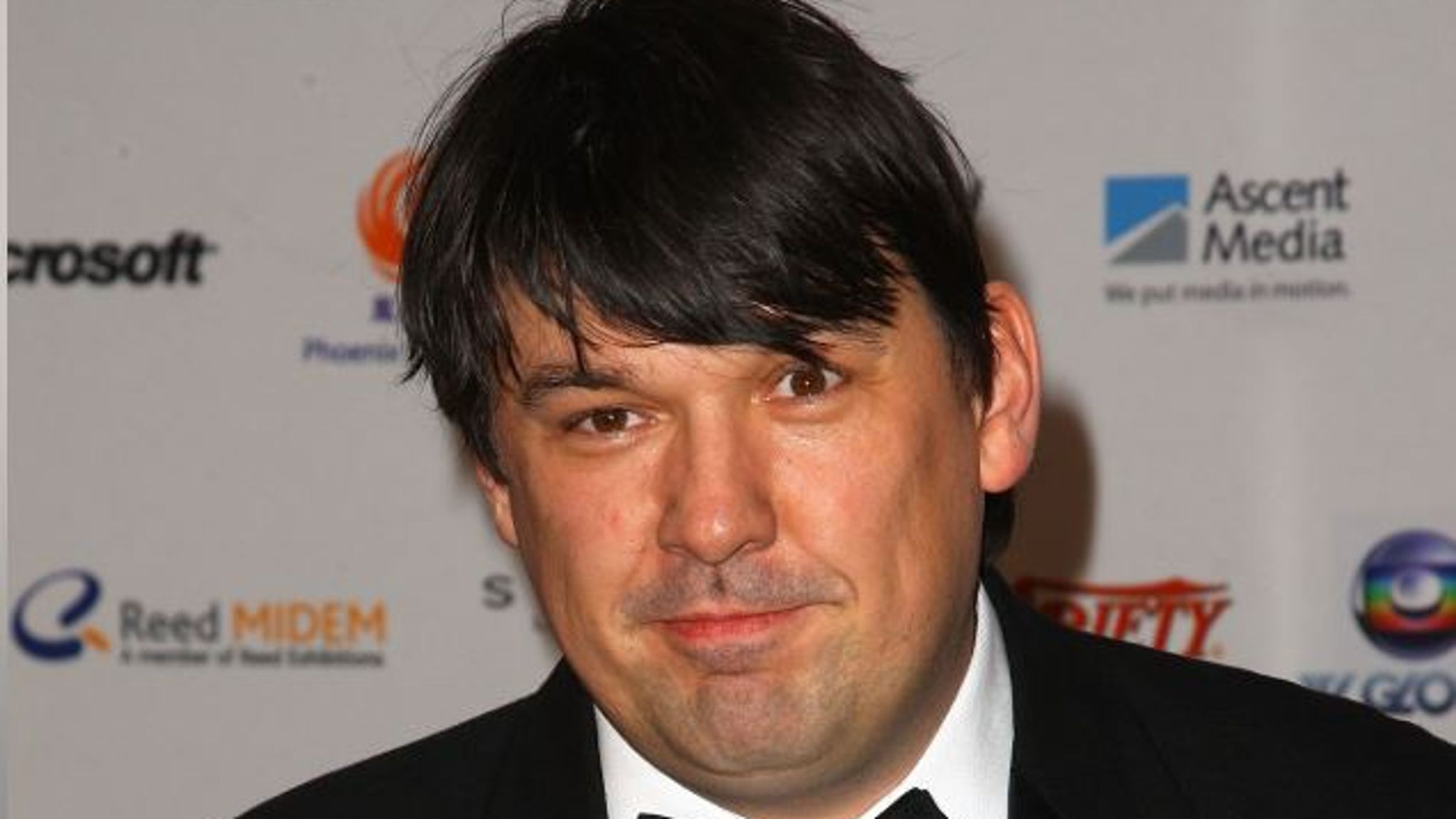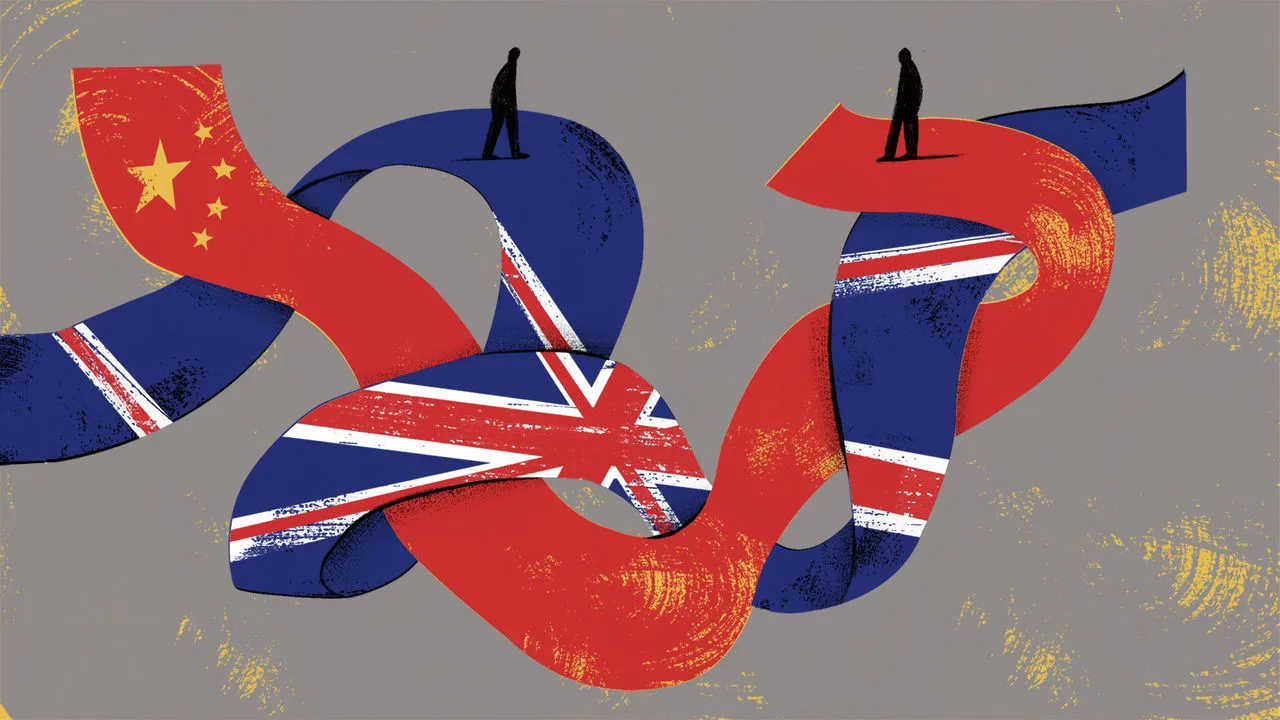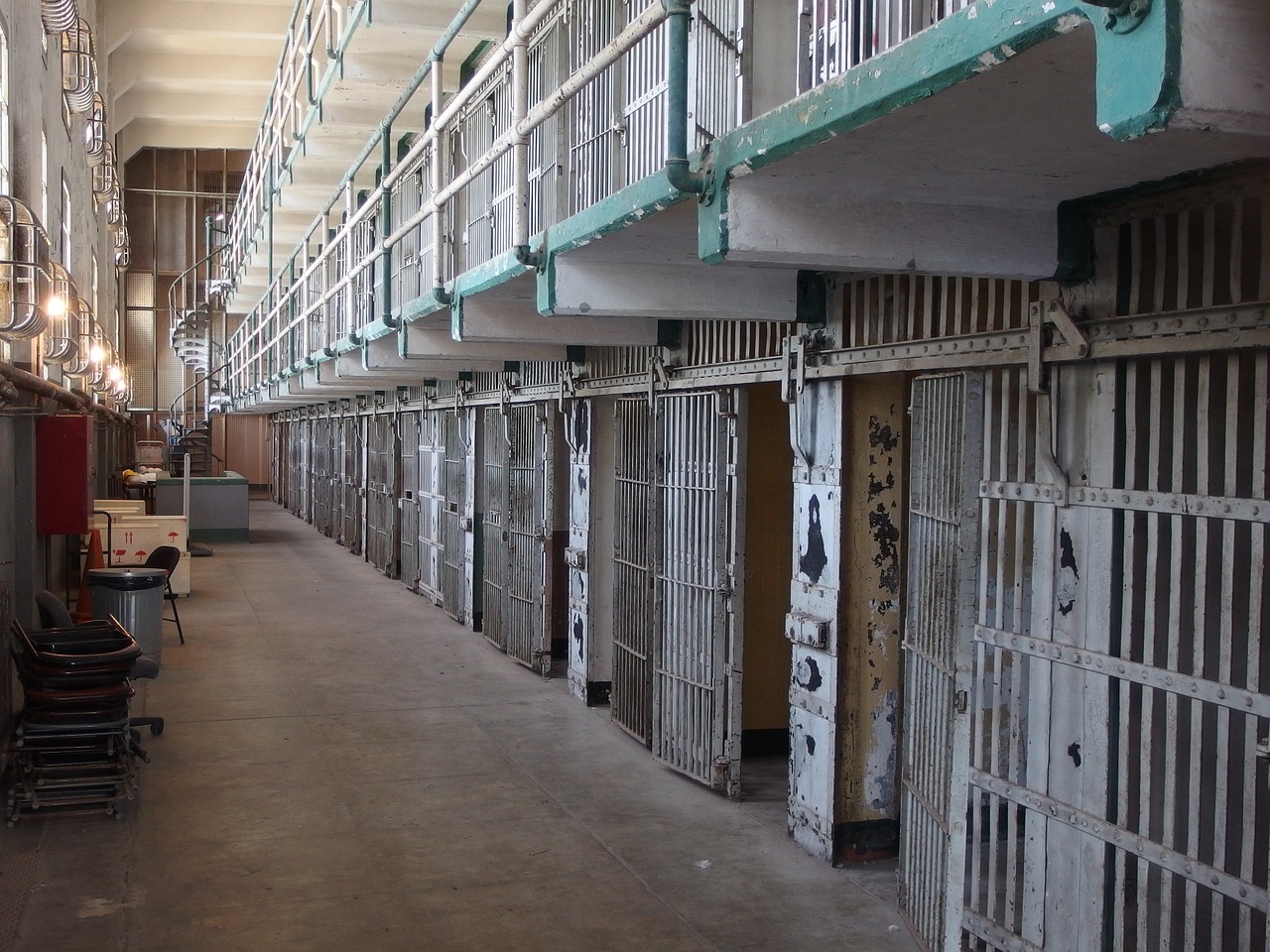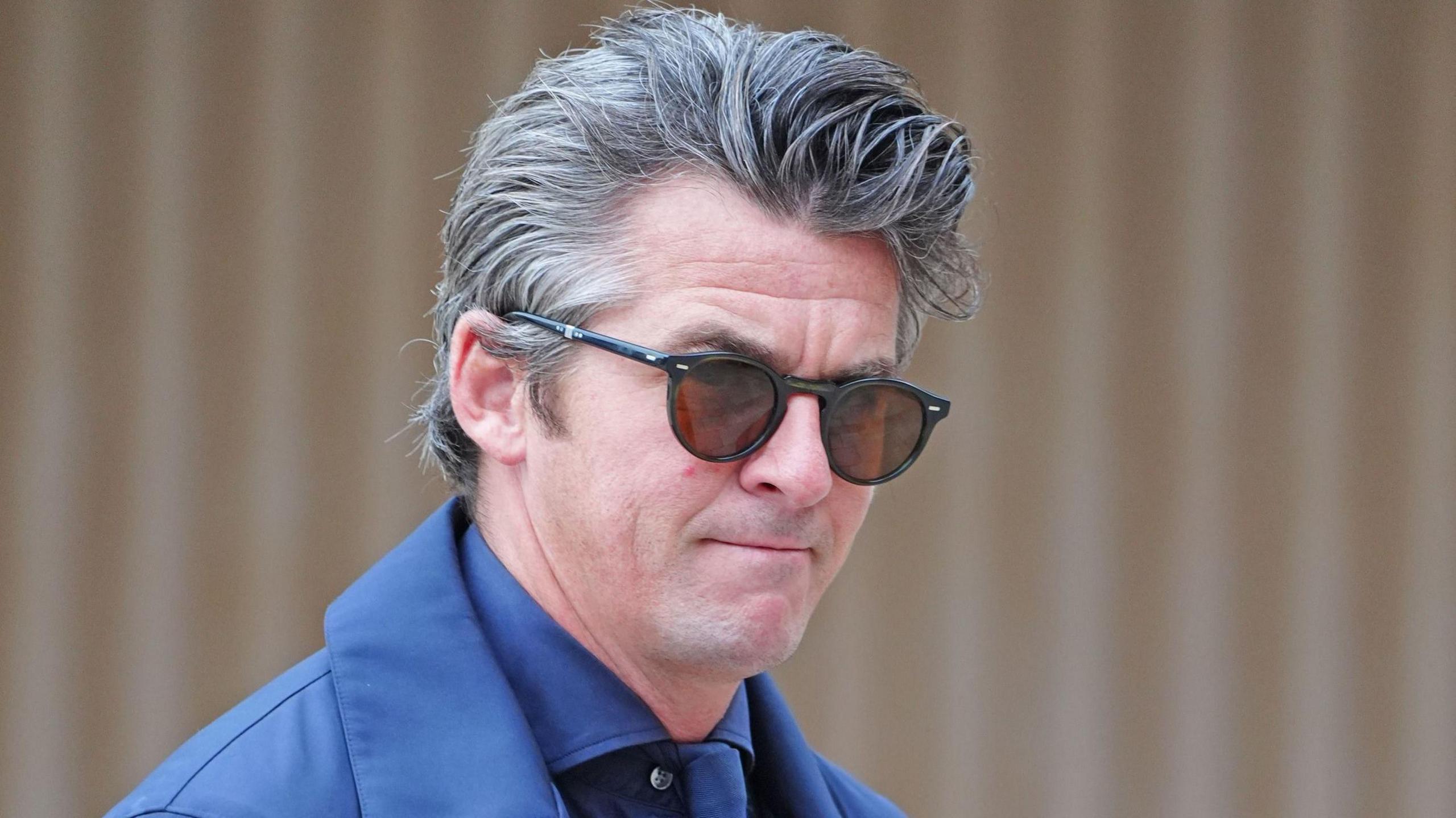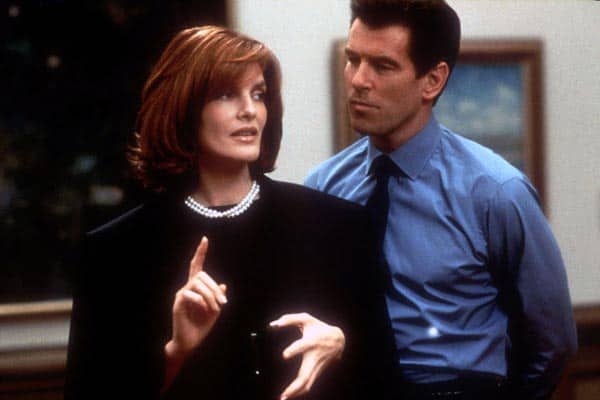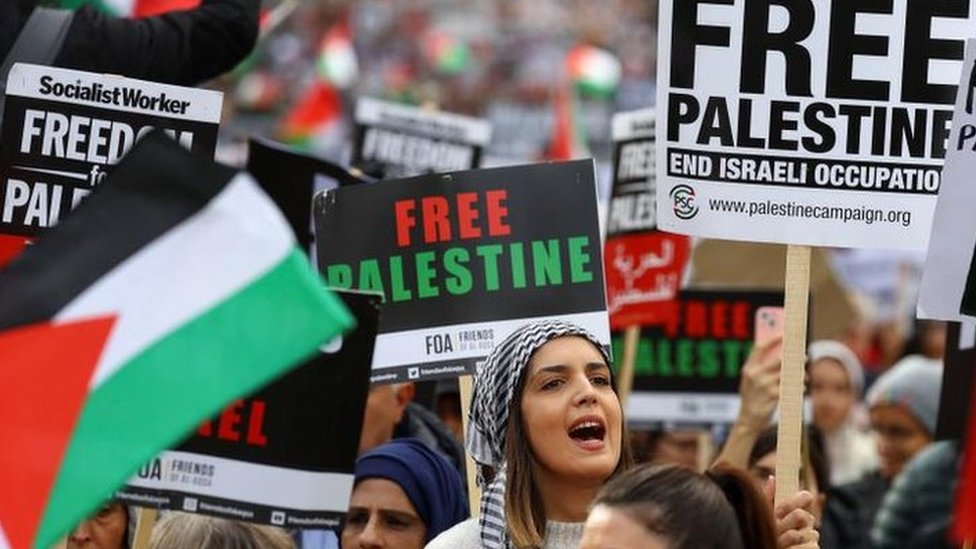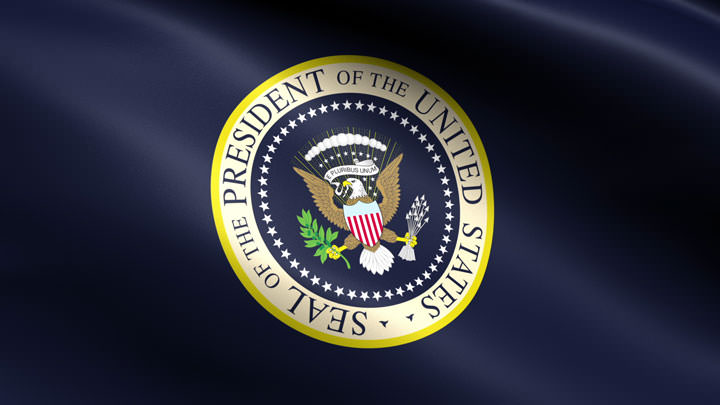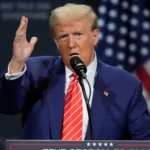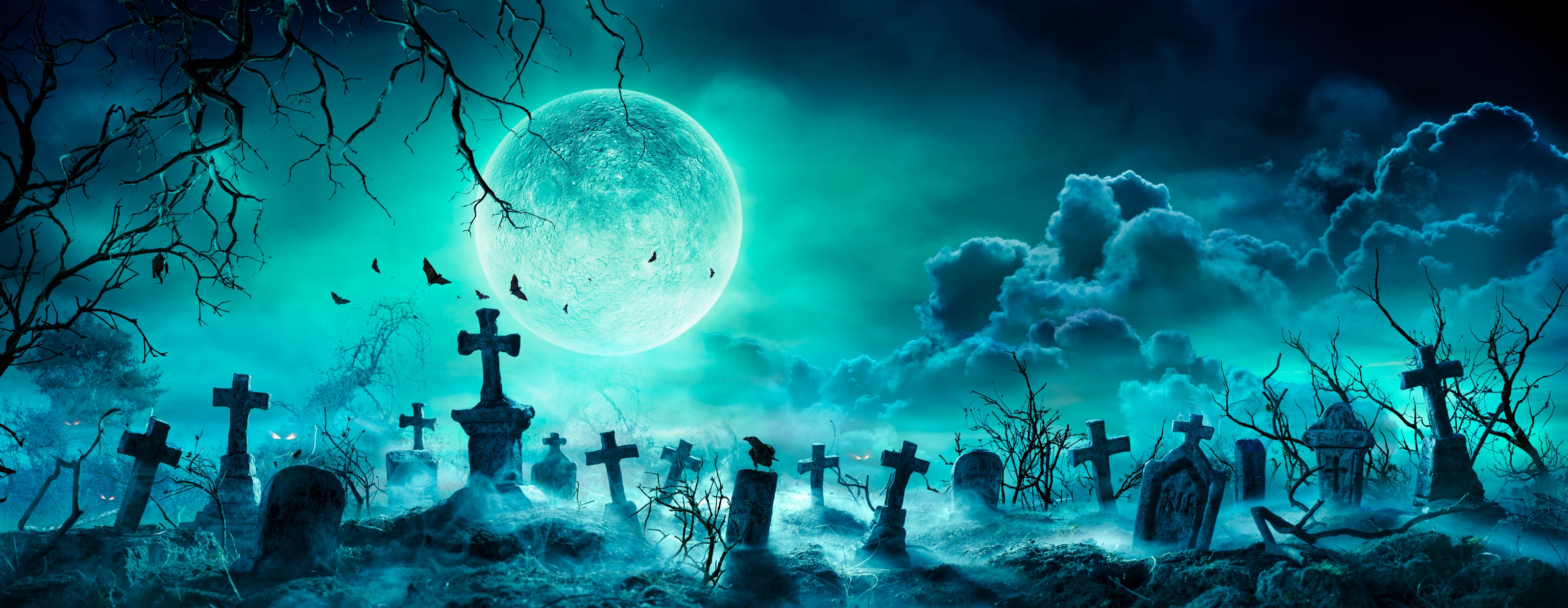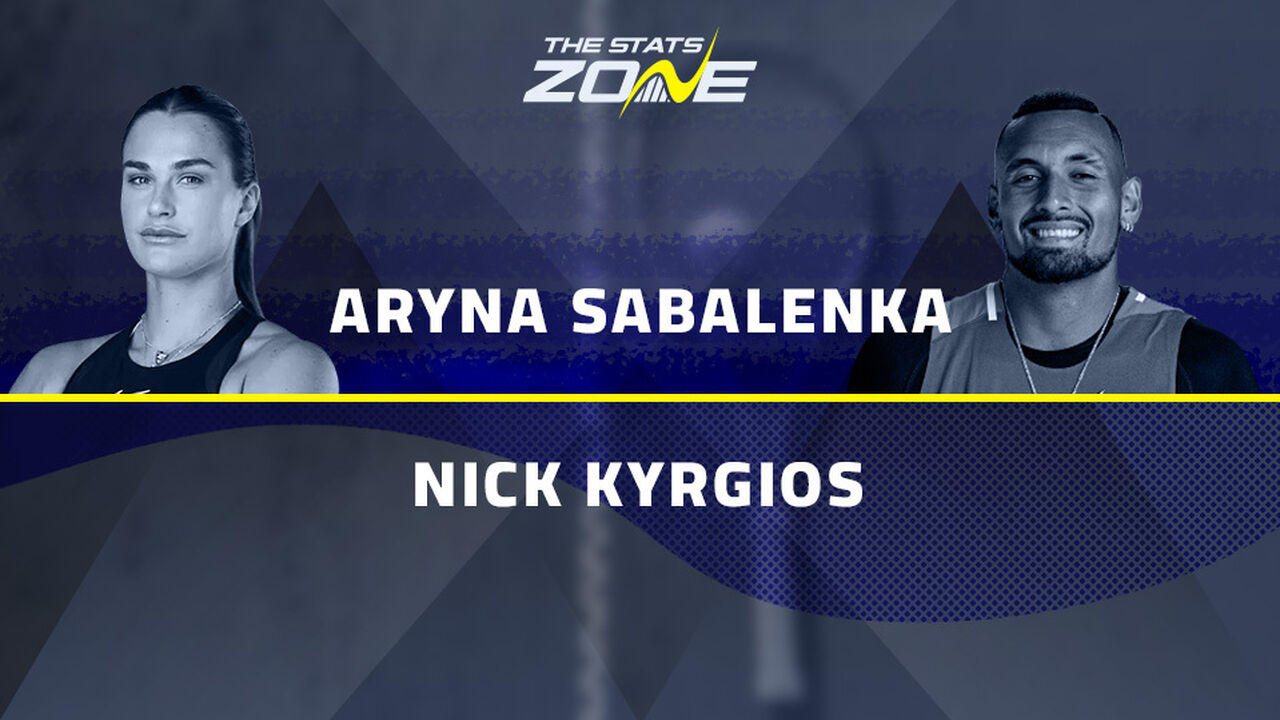Clive Freeman, the longest serving prisoner in the U.K, went before the CCRC (Criminal Cases Review Commission) four weeks ago. He has been in prison for 37 years. He could have got parole but that would have required him to admit guilt to a crime he maintains, after all his time, that he did not commit. This is his fifth time of trying.
An unbelievable result has come through:
Today the CCRC ordered the case be referred to the Court of Appeal, after this newspaper cast serious doubt over the largely circumstantial evidence used against the Zimbabwean national, a former elite soldier.
It is understood the decision centred on allegedly flawed pathology evidence.
Mr Freeman’s spokesman, Tony Thompson, broke news of the stunning development in a highly emotional meeting at Leyhill Prison near Gloucester this morning. Thompson, a former senior police officer questioned the logic and processes involved in the original conviction.
Some background:
The 1980’s was an amazing time to be alive and London was one of the places to be.
But it was not fun all over the World. British colonisation of vast parts of Africa was coming home to haunt our island nation. What right did we have to lay down the law in other countries and plunder their natural resources. India was handed back a long time before and Hong Kong was set to be returned to the Chinese.
Africa and Clive Freeman were right in the middle of all this. He was raised in then Rhodesia, served the Rhodesian army as a Grey Scout, a special forces unit, and took his orders from the British Government.
Rhodesia was returned to African rule in 1980 under the prime ministership of Robert Mugabe.
Mugabe had risen to power on being anti-white minority rule, anti-Britain and anti-white farms. He openly encouraged violence towards white farmers who were returning to Britain in droves. He served what became Zimbabwe, for forty years. First as prime minister and then as an all-powerful president. Many believed he should have been charged with crimes againt humanity as a merciless dictator, but never got their way. He was finally brought down by his second wife Grace, who had anything but. She tried to take over and was caught out. Britain was not a fan of him, his wife or what was happening to British ex-pats.
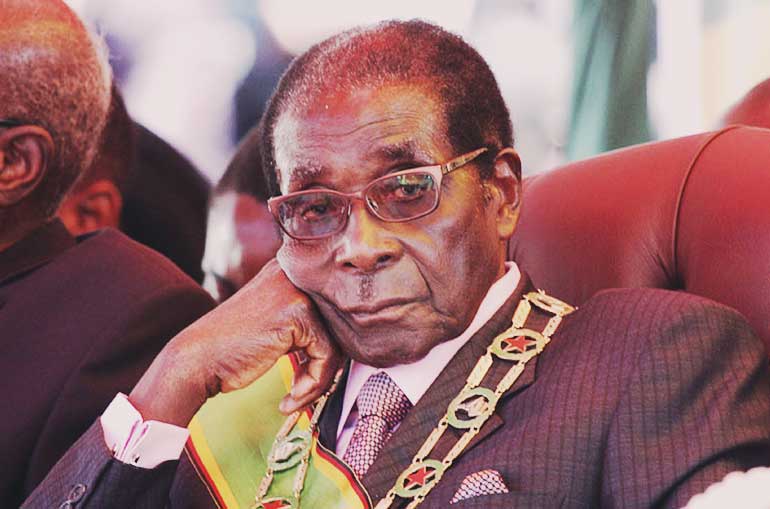
Clive Freeman was in London in 1988. He was wrongly accused of murdering a vagrant in London on the evening of 16th April 1988. Thousands of words have been written about the details of this case. The victim Alexander Hardie, his physical condition, the circumstances of his death, the drink involved and the debatable motive. But the big question has remained throughout. Did the police follow correct investigating procedure for a murder case?
Tony Thompson, who led Clive’s representation in this CCRC hearing is convinced they were not. “To my mind there is absolutely no way that Clive Freeman was given a chance.”
He said this when I interviewed him. Tony was in the police for 32 years, rising to the rank of Chief Superintendent. After retiring from the force, he has been in senior roles in safety and security for government agencies. Procedure and systems of operation have always featured highly in his process.
“It was an unusually shallow investigation into a murder, With little attention to detail and even some basic, fundamental investigations not carried out”. He added.
He was not satisfied that all was done to ensure a safe conviction.
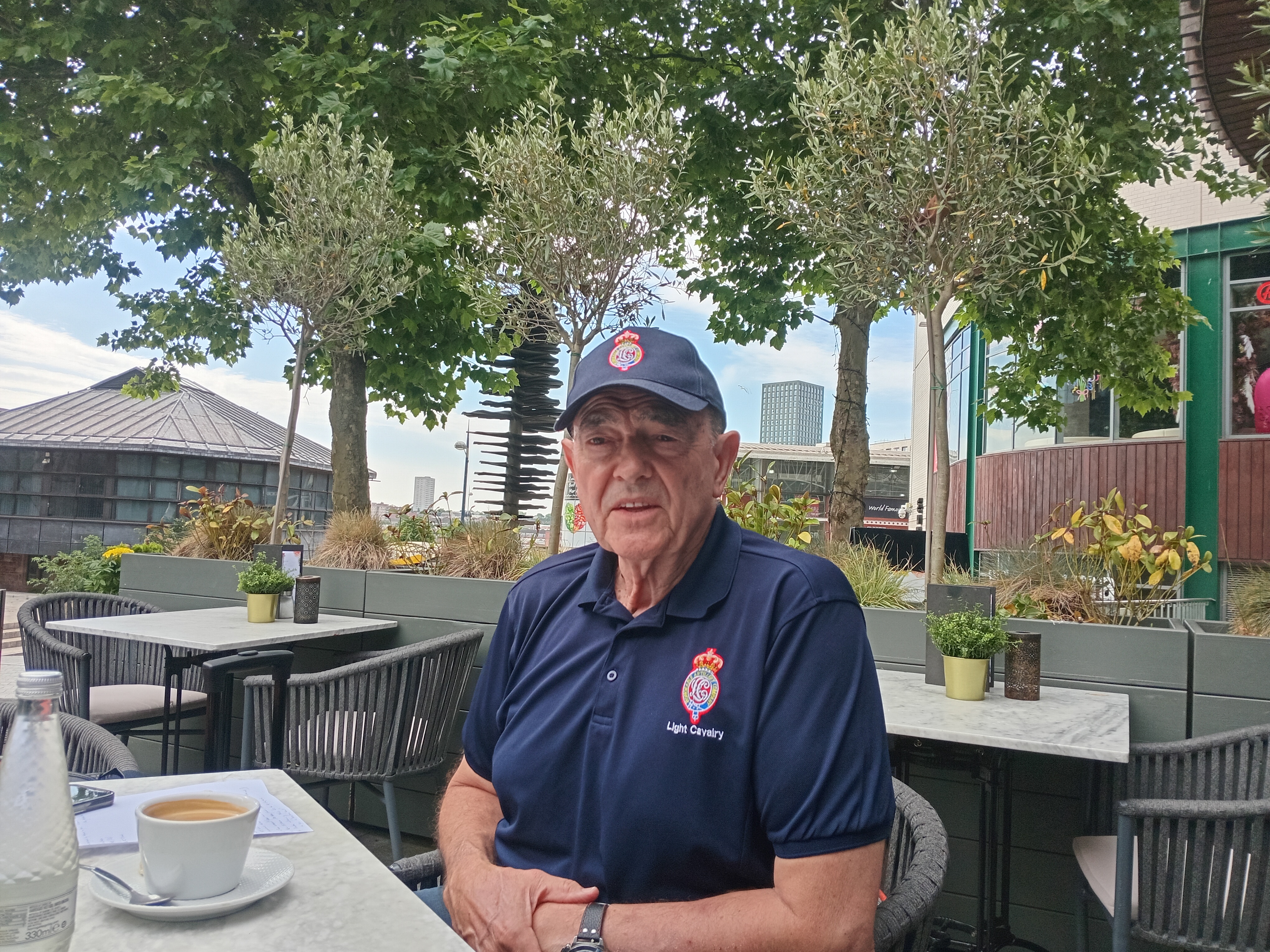
“If this case were reviewed simply on a procedural basis, it would show that the police failed to do their duty on many counts.” Tony said at the time.
“The post mortem report by Dr. Richard Shepherd was changed to suit the prosecution, the jury was out for only an hour and police procedure in creating a reconstruction of the scene was missed. All of these failings and many more led to a very suspicious verdict. One which resulted in a man spending 37 years in Jail.”
The political climate in Zimbabwe in 1988.
Margaret Thatcher and Robert Mugabe had a complex relationship shaped by Zimbabwe’s independence and its aftermath. Initially, there was some cooperation, including Thatcher providing intelligence to Mugabe to thwart a South African-backed sabotage attempt. However, their relationship later became strained due to issues like land redistribution and human rights concerns under Mugabe’s rule.
Clive Freeman was born in Salisbury, Rhodesia in 1943 and was forced to flee Zimbabwe (as it became).
Freeman, a brilliant horseman, joined a Rhodesian mounted infantry unit known as the Grey Scouts to fight the insurgents. After independence, he was involved in a plot to undermine the new political regime.
Freeman was heartbroken to leave his family, drinking heavily and most likely suffering post-traumatic stress disorder. He had witnessed comrades die in what was known as the Bush War and ended up on death row for 90 days at Chikarubi maximum security prison before being transferred to Salisbury prison, in which he was locked up for five months for 23 hours-a-day with 42 inmates in a cell built for eight.
He was in a desperate state when he arrived in London. Instead of writing letters, he would exchange recorded tapes with family and friends. Much of the evidence used against him was in the form of transcripts of drunken ‘stream-of-consciousness’ rants in which Freeman told his brother that he was contemplating suicide, rearranging his insurance and thinking about a fraudulent claim. He thought he had bowel cancer and was concerned that its discovery would invalidate his policy.
And then, Freeman contends, Alexander Hardie set himself on fire leaving a (cancer-free) corpse in his flat. Just before, Freeman changed his name and, on the day when the body was discovered, he left the country. The jury took less than an hour to convict. Read full details from The Justice Gap.
If he succeeds in overturning the case, it would represent one of the biggest miscarriages of justice in UK legal history.
The CCRC said there is ‘now a considerable body of expert pathology opinion, gathered since Mr Freeman’s trial and appeal, the cumulative effect of which undermines the prosecution pathology evidence to the extent it can be argued it was not safe for the jury to place any weight upon it’.
A spokesman said: ‘As part of our review into Clive Freeman’s conviction we have analysed the significant body of expert pathology opinion, and we have also considered our previous decisions in this case.
‘Since Mr Freeman’s trial, there has been significant expert pathology opinion that taken together changes the picture on the prosecution pathology evidence. There is now a real possibility the Court of Appeal will find Mr Freeman’s conviction unsafe.’
Huge congratulations from everyone at The File. I never believed he would pull this off.



